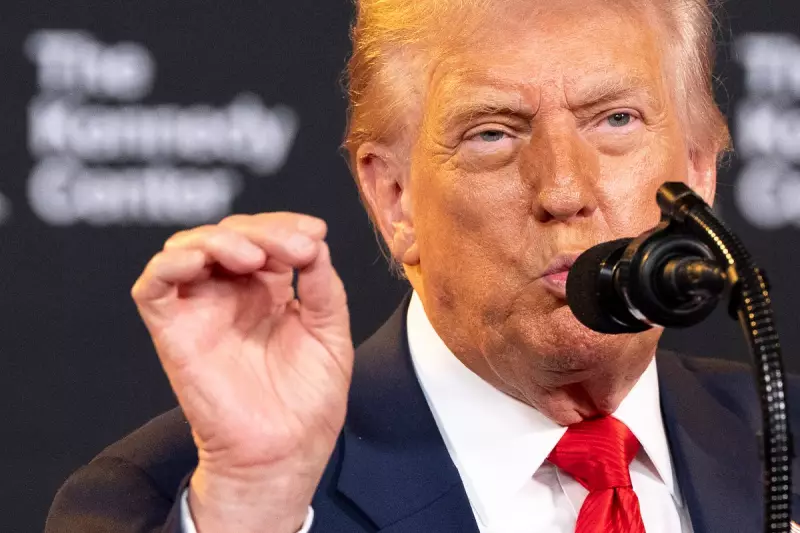
In a move that would fundamentally reshape American global engagement, former President Donald Trump and his inner circle are developing aggressive plans to severely reduce the US State Department's funding and personnel should he win the 2024 presidential election.
According to sources familiar with the matter, the strategy forms a core part of a broader agenda to pivot the United States away from its traditional role of providing substantial foreign aid and maintaining a robust diplomatic corps. The proposed cuts are far more drastic than those attempted during Trump's first term.
A Blueprint for a Downsized Diplomatic Corps
Insiders report that the planning is being orchestrated by key figures close to Trump, including former officials who have remained loyal. Their objective is to systematically dismantle what they perceive as a bloated and ideologically opposed 'deep state' entity within the federal bureaucracy, starting with the State Department.
The proposed measures could include:
- Implementing immediate hiring freezes to drastically reduce staffing levels over time.
- Slashing budgets for programmes related to humanitarian aid and international development.
- Restructuring or eliminating entire departments deemed non-essential to a new, narrower vision of US interests.
Internal Resistance and Bureaucratic Tensions
These anticipated plans have already created significant anxiety within the State Department. Career diplomats and officials are reportedly deeply concerned about the potential for a massive brain drain and a crippling blow to America's ability to project soft power and negotiate on the world stage.
The friction echoes the tumultuous relationship between the Trump administration and the State Department during his first term, which was marked by high-profile resignations, unfilled key positions, and a general sense of mistrust between the White House and career civil servants.
Implications for Global Standing and Alliances
Such a foreign policy shift would send shockwaves through international alliances, including NATO and key partnerships in Asia and the Middle East. A scaled-back State Department would signal a US retreat from multilateralism and could create a power vacuum that other nations, such as China and Russia, would be eager to fill.
Analysts suggest this strategy is designed to appeal to Trump's political base, which often views foreign aid as wasteful spending. However, foreign policy experts warn of profound long-term consequences for global stability and US national security.
As the 2024 election approaches, these preparations highlight the high-stakes battle over the future direction of American diplomacy and its role in the world.





